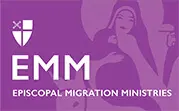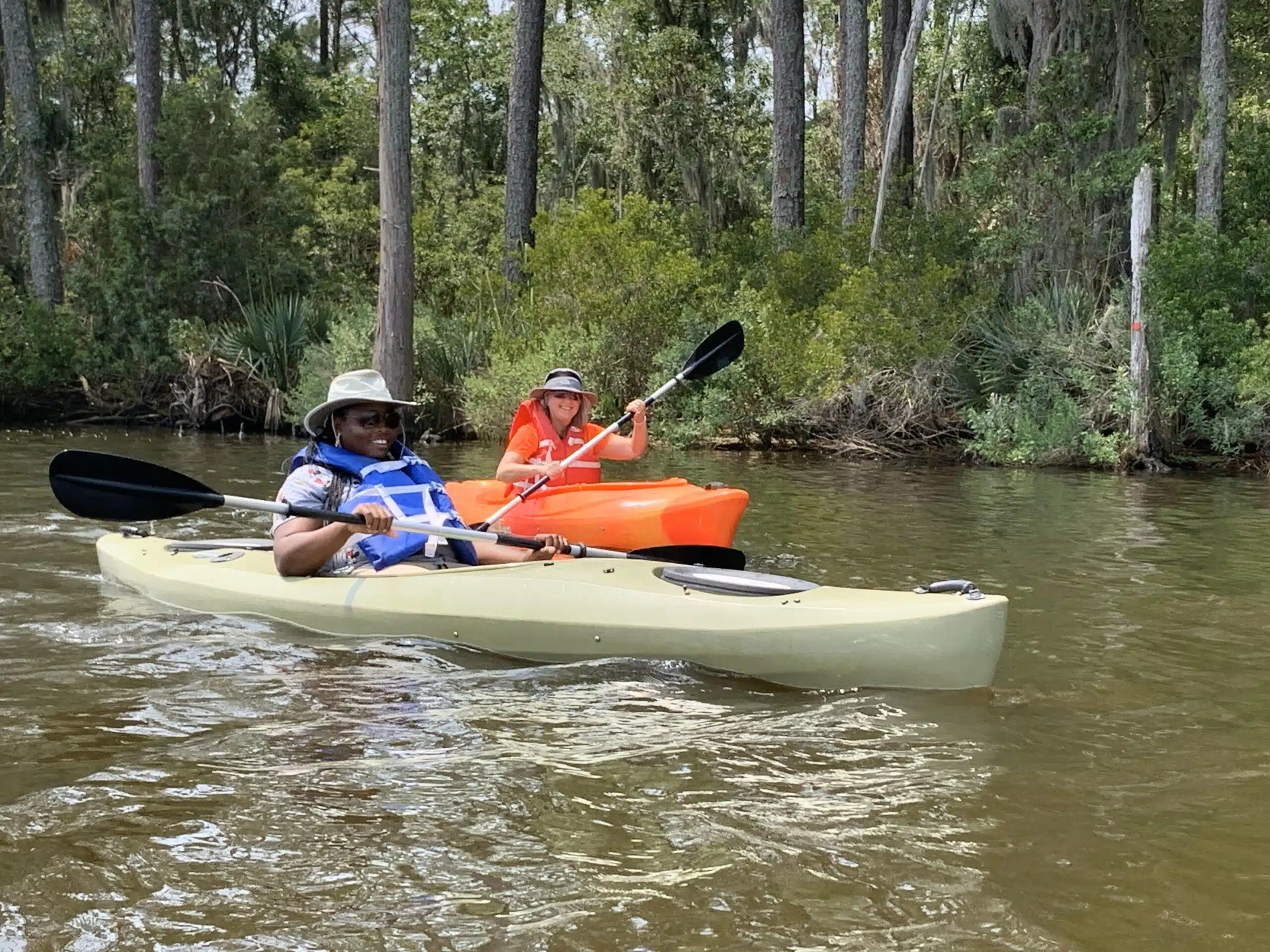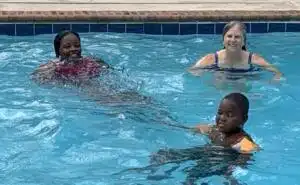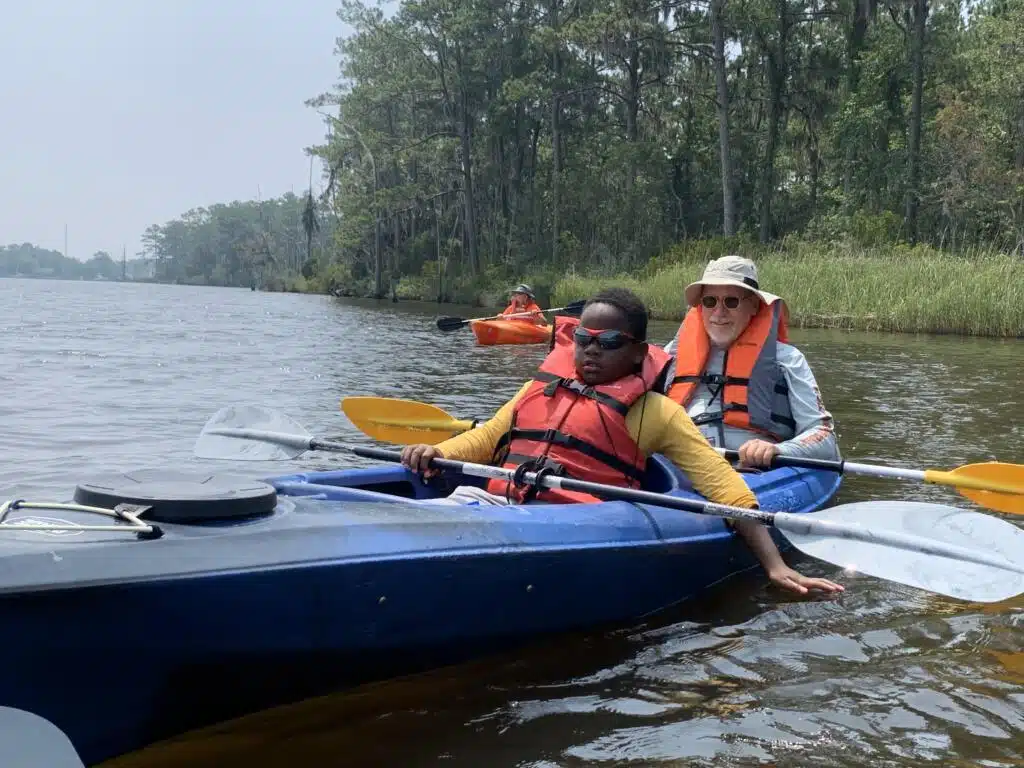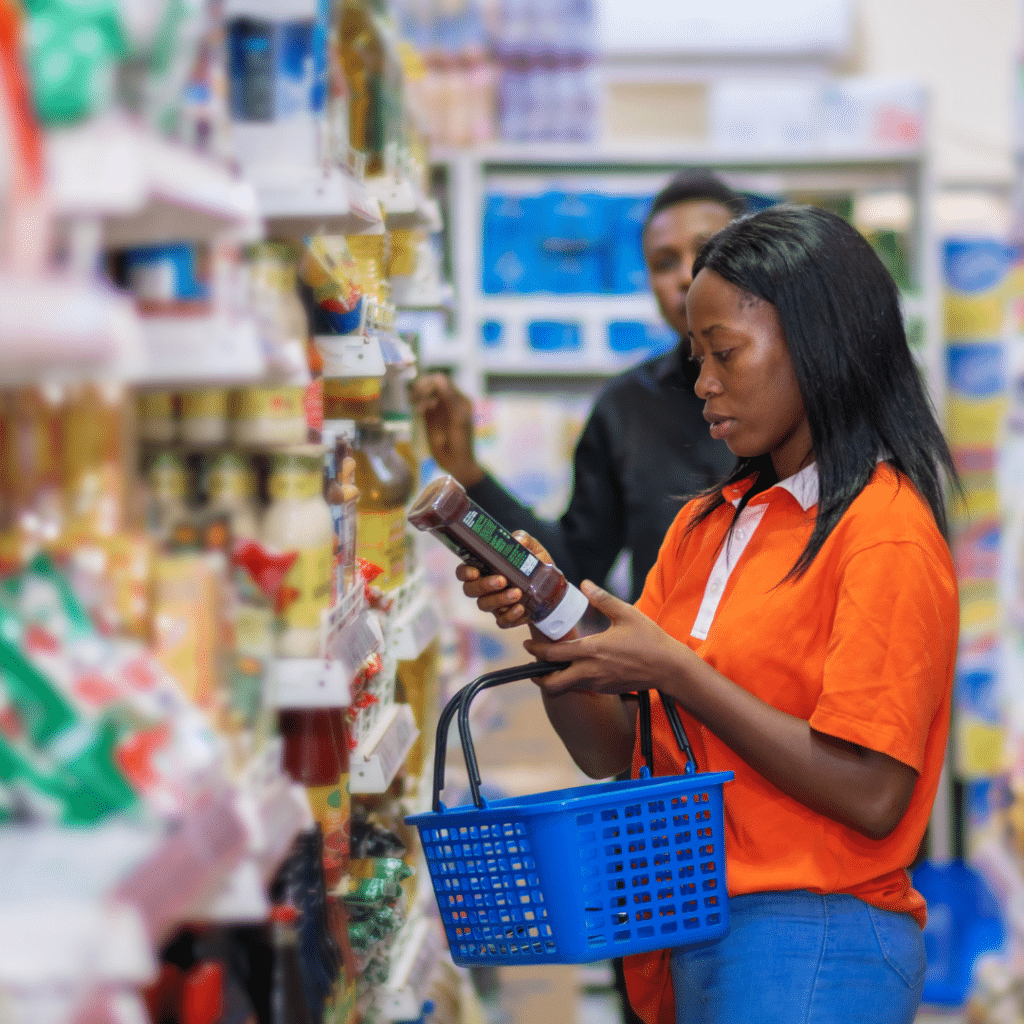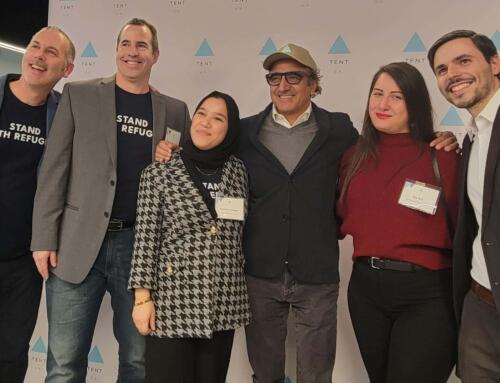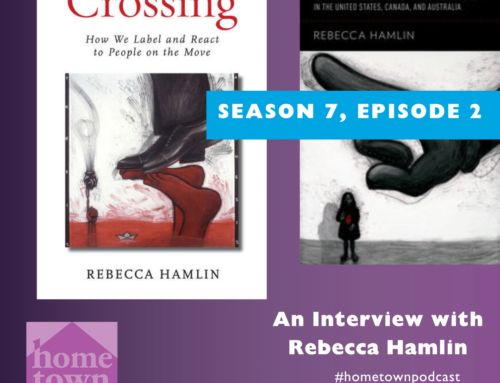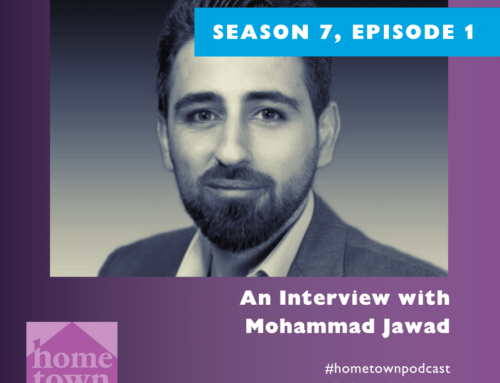This is Part 5 of a series of posts about community sponsorship as practiced by one of EMM’s affiliates, Interfaith Refugee Ministry, in New Bern, NC. Read Part 1, Part 2, Part 3, and Part 4.
The “Refugee Welcome” team at First Presbyterian Church (FPC) served in 2023 as co-sponsors for a family of refugees from Colombia, who were resettled in New Bern through Interfaith Refugee Ministry (IRM). For co-sponsors as well as newcomers, this was a rich learning experience, opening their eyes and ears to many new things.
The new family has arrived at last. Then what happens?
During newcomers’ first few days in their new community, certain steps must be taken, per the federal Reception and Placement program. A case worker from IRM had been assigned to the family. In May 2023, she conducted their in-take interview and explained key milestones of the initial 90-day period to them. Professional staff know how to lead clients through legal and administrative processes that are unfamiliar to many volunteers. This is one reason why partnering with a resettlement affiliate appeals to many community sponsor groups.
The FPC team had agreed to furnish the family’s new home. The problem was that their permanent housing was not yet available. In a tight market for affordable housing, many affiliates must rely for a time on temporary housing, like hotels or short-term rentals. About a week after the family had arrived in New Bern, their new apartment was finally available, and move-in could happen. This required the FPC team to orchestrate quickly the transfer of furniture from the church facility where it had been collected to the new apartment. But with help from dozens of church volunteers, some with trucks and some able to lift heavy things, the move was accomplished.
Initially, there were weekly, and then later, biweekly meetings between the co-sponsor group and IRM staff. The FPC team found this regular communication to be “very valuable.” As team member Helen Robinson noted, “Often we learned policy from the staff, and they learned information about the family from us. It has been an important part of what makes this partnership work.”
As the family settled in, what did the community sponsor group do?
Beyond helping furnish the new family’s home and pantry, the “Refugee Welcome” team from FPC took the lead on other tasks. Through the church’s established ESL program, they provided weekly tutoring sessions for the newcomers, since only the teenaged daughter spoke much English. They used the church’s computers to help the adults complete paperwork and drove them to the DMV to get state IDs. Some volunteers explained the limited local bus system and took their new neighbors to local grocery stores. Others took them to get a library card and become familiar with other area resources.
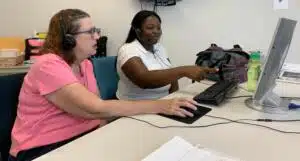
IRM staff would eventually help the adults find employment and register the children for school. At the same time, the FPC team talked with the teenaged daughter about the way the high school worked and helped her meet some school personnel in advance. They also invited the family to come to First Presbyterian a couple of times. This was purely for social purposes, so they could be introduced to the congregation. (Community sponsors know that there is to be no pressure on newcomers to join any faith community, as a condition for support.) Having people from FPC come up to greet the new family, and in some cases, invite them to their homes, was nonetheless important. These friendly gestures fostered a sense of wider welcome, beyond a handful of regular volunteers. The FPC team also connected these newcomers with a couple of local congregations that offer services in Spanish.
On a whim, one Saturday as they left the weekly tutoring program at FPC, Mike Murrie, the team’s coordinator, proposed to the family that they come with him to an event sponsored by a kayaking club that he was part of. As he explained, “This is a bunch of retired white guys, and one or two of their spouses. All of a sudden, here comes this young, black Colombian family. I was really touched by how the family was welcomed. We even got several of them out on kayaks. That was really fun to watch! And then a few weeks later, another volunteer and I took them out on a little kayak trip.”
Team coordinator Mike Murrie (right) wanted the newcomers to experience some of the fun and natural beauty of coastal North Carolina. Enjoying recreational opportunities is important, especially when your days are otherwise devoted to getting documents and waiting for school to start.
What do newcomers need, most of all?
As the weeks passed and their interactions with their new neighbors multiplied, the co-sponsors’ perspective on what is most important during this transition period also evolved. Despite the flurry of energy to collect household furnishings, that was not the most critical provision. As Helen Robinson explained,
What newcomers really need is not stuff – they only had so much room in their apartment. They need a sense of safety. They need the freedom to make certain choices themselves, they need to start building their own connections. They need to become self-sufficient. And that takes time.
A skilled co-sponsor group recognizes the importance of these freedoms and gives newcomers the space to make decisions, including choices others might see as errors, on their own.
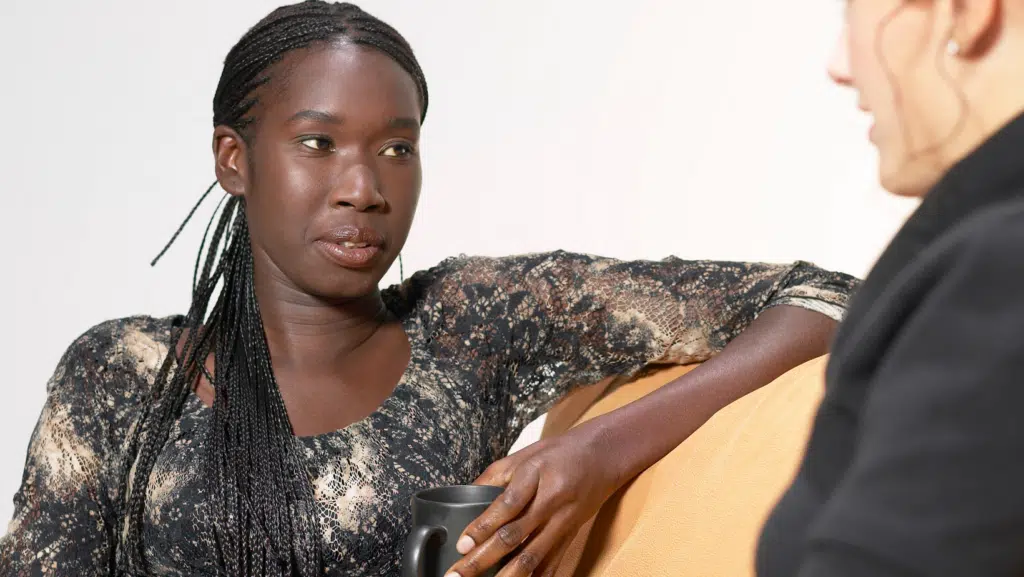
Another vital element is communication. Resettlement agencies must provide interpreters for most core services. But there are circumstances where live interpreters are not available. Then everyone simply does their best to communicate. As much as newcomers need to practice English, they also appreciate being able to talk sometimes with volunteers who speak their native language. According to FPC team coordinator Mike Murrie,
I think one of the biggest needs is the opportunity to communicate in depth… A couple of the women, friends of friends, joined our team after they heard that a family from Latin America was coming, and they were able to do this. Their language skills [in Spanish] were very good and nuanced. They were able to tell us some things that otherwise I don’t think would have surfaced.
Helen Robinson agreed with the importance of language skills. She noted that it’s important to have not only “people who can manage the first levels of communication,” but also “trustworthy people” with whom newcomers can “talk in more depth if they want.” In other words, as refugees navigate their transition to living in a new community, they need to be seen and heard. But they also need to have the freedom to be themselves and lead their own lives.
In the next segment, we will discover other lessons that the FPC team learned from serving as community sponsors.
